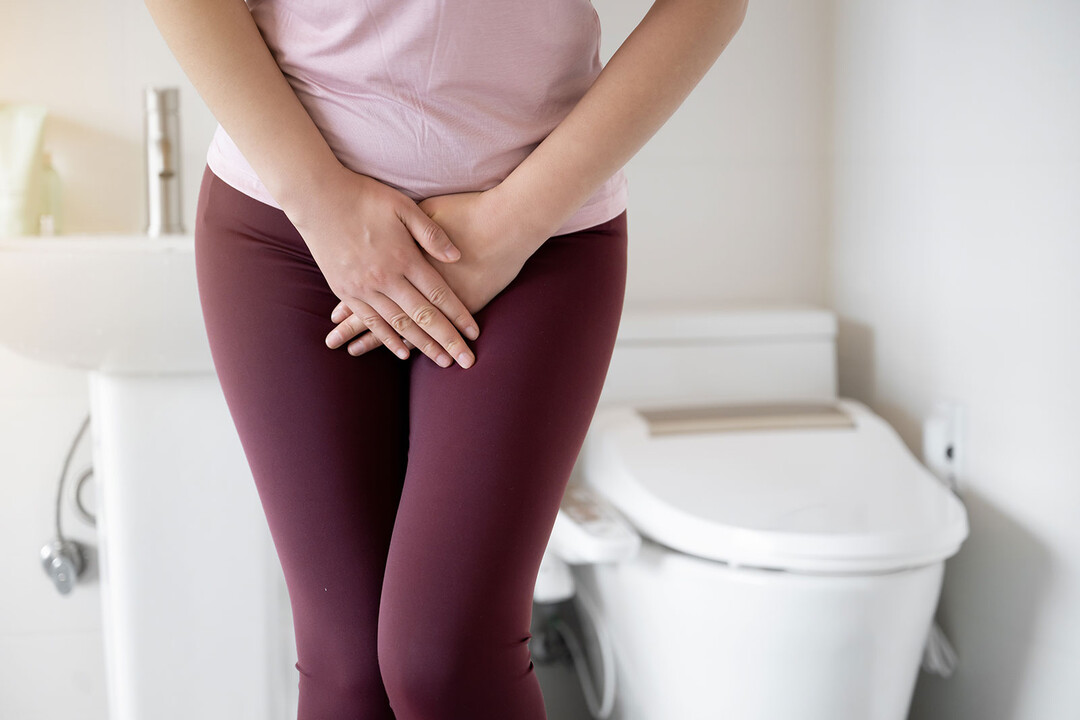
The summer season, with its high temperatures and humidity, is particularly harsh for urinary incontinence patients. The mix of sweat and urine can cause unpleasant odors, and damp underwear can lead to skin conditions, further increasing patients' distress. Once considered an exclusive concern for middle-aged women, urinary incontinence is now increasing among younger women due to factors like obesity and constipation, necessitating greater awareness.
Urinary Incontinence: Not Just a Sign of Aging, But Various Causes
According to statistics from the Health Insurance Review & Assessment Service, among the 135,024 urinary incontinence patients in 2023, women aged 50 and over accounted for an overwhelming proportion of 99,699 (73.8%). While the incidence tends to increase with age, urinary incontinence is not solely a phenomenon of aging. The biggest cause is pregnancy and childbirth. If the pelvic floor muscles supporting the bladder and urethra are damaged during pregnancy and childbirth, the bladder's position changes and urethral sphincter function weakens, increasing the risk of urinary incontinence. Professor Choi Jeong-hyuk of the Urology Department at Kangdong Kyung Hee University Hospital emphasizes, "The more childbirth experiences a woman has, the higher the risk of urinary incontinence, and even if symptoms temporarily improve right after childbirth, over 90% experience recurrence within 5 years."
Urinary incontinence is classified by type. The most common, stress incontinence, occurs when urine leaks under pressure on the abdomen, such as during coughing, sneezing, or laughing. Urge incontinence is accompanied by a sudden, strong urge to urinate that is difficult to suppress. Overflow incontinence occurs when the bladder is full but urine cannot be expelled, leading to overflow. If two or more types appear together, it is diagnosed as mixed incontinence.
Early Diagnosis and Consistent Management Are Key
Rather than hiding urinary incontinence, it's crucial to seek early medical attention for accurate diagnosis and treatment. This is especially true during the summer, when hygiene management can be difficult. Treatment can largely be divided into non-surgical and surgical approaches.
The core of non-surgical treatment is lifestyle modification and Kegel exercises. Kegel exercises strengthen the pelvic floor muscles and require consistent practice for at least 6 months to see effects. Hospitals may also guide more precise exercises using personal training devices utilizing Bluetooth technology. Combining medication or physical therapy using low-frequency stimulation can enhance treatment effectiveness.
If symptoms do not improve with these non-surgical treatments, surgical treatment may be considered. The most common surgical method is the sling surgery, which involves inserting a support device in the middle of the urethra to support it.
Lifestyle Changes for Prevention
Three essential lifestyle changes are crucial for preventing urinary incontinence:
Weight loss: Obesity increases abdominal pressure, putting strain on the bladder and urethra, which is a major factor in worsening urinary incontinence.
Controlling beverage intake: Carbonated drinks and caffeinated beverages can irritate the bladder, so it's best to reduce their consumption.
Preventing constipation: Constipation causes rectal distension, irritating the bladder and exacerbating urinary incontinence symptoms. Preventing constipation by consuming fiber-rich foods and sufficient water is important.
Professor Choi Jeong-hyuk emphasized, "The bladder and rectum are adjacent organs whose functions influence each other, so managing obesity and constipation is very important for preventing urinary incontinence." If you are experiencing discomfort due to urinary incontinence this summer, do not hesitate to consult a specialist and actively pursue treatment and lifestyle improvements to enjoy a healthy and comfortable summer.
[Copyright (c) Global Economic Times. All Rights Reserved.]




























